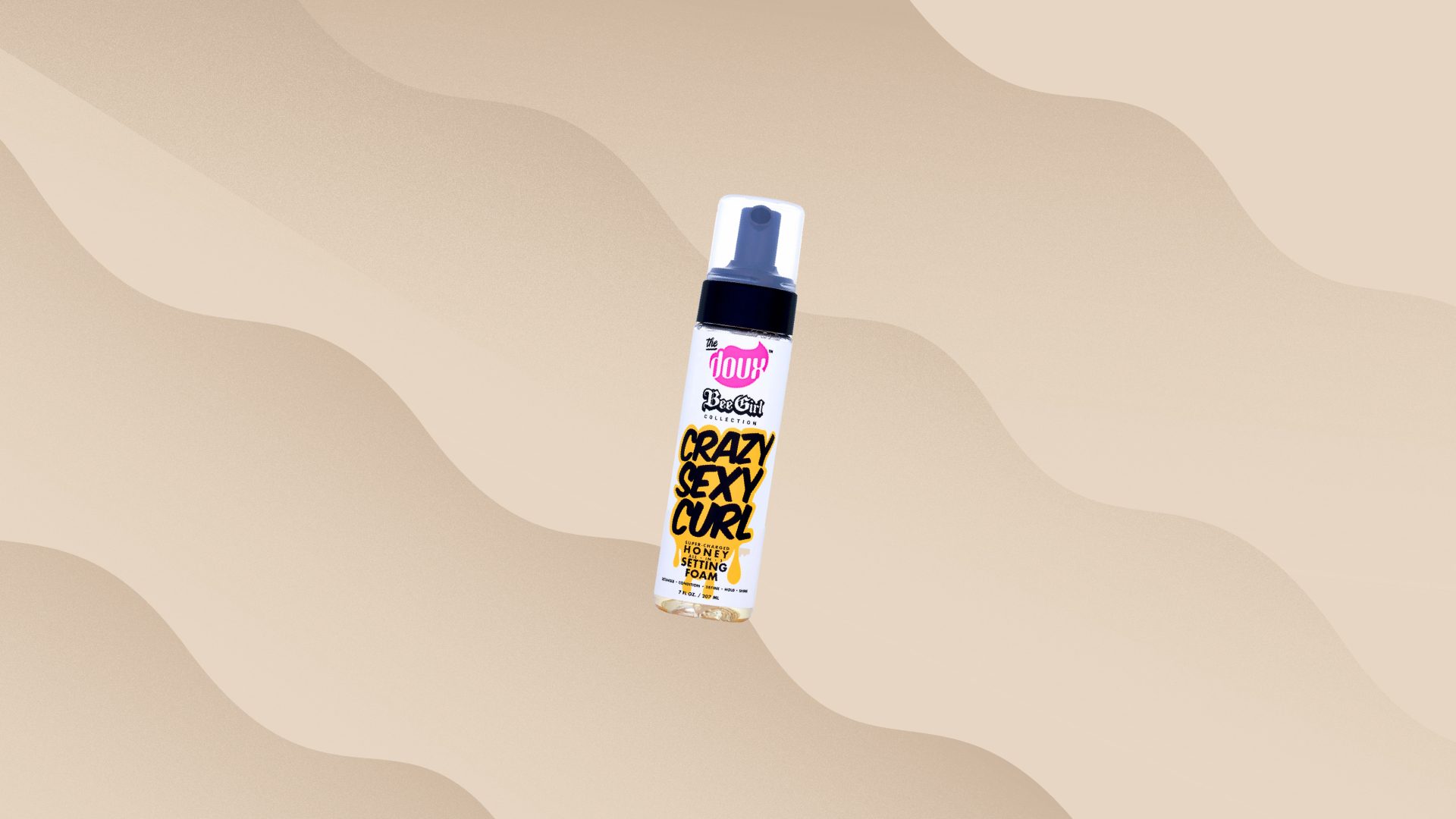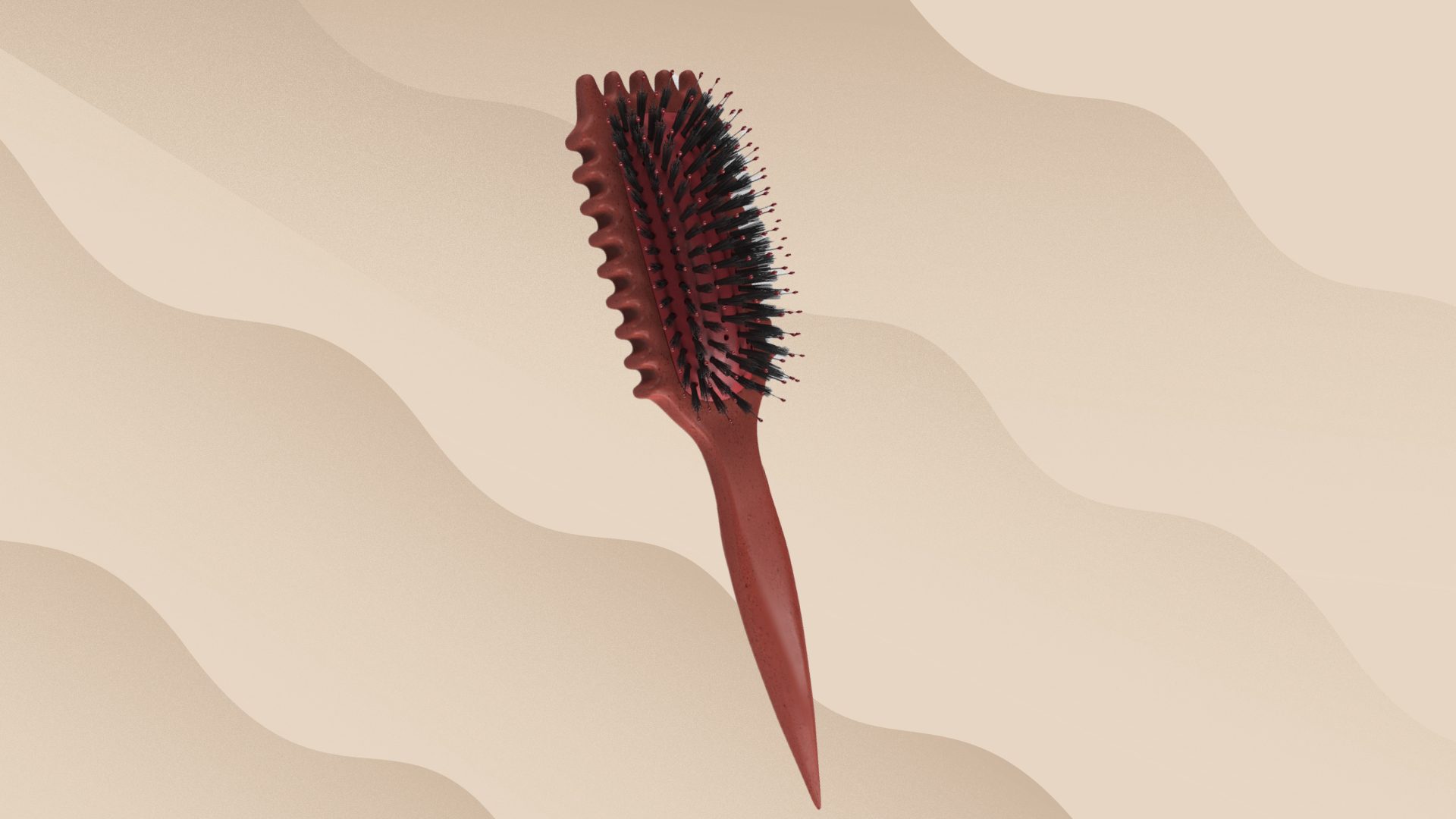
We’ve all had an itch that takes a while to go away, and our scalps are no different. After noticing your fingers constantly making their way to your head, your mother, an aunt, or grandmother may have commented, “Oh, that means your hair is growing!”
Well, it’s true that your hair was growing, but an itchy scalp is not a sign of hair growth. Itchiness can actually signify that your scalp is not at its healthiest, which can negatively impact hair growth. Whether it lasts days or weeks, the cause of an itchy scalp can usually be tracked down. You have to put on your detective hat to figure it out.
Causes of an itchy scalp
A common cause of itchy scalp is seborrheic dermatitis, aka, dandruff, says Kathryn Schwarzenberger, MD, professor of dermatology at Oregon Health and Science University.
“Often, people complain that their scalp is dry when in reality, it is actually inflamed,” Schwarzenberger says.
Other culprits for itchy scalp include psoriasis, allergy to hair dyes or products, fungal infections, and even head lice.
“Scalp itch can also be a cause of an underlying condition, including diabetes mellitus, liver and kidney disease, as well as some types of cancer,” Schwarzenberger adds.

The first line of defense
If you don’t already have a skin condition diagnosed by a dermatologist or trichologist, trying different hair products and natural remedies is a good starting point.
One of the most effective initial treatments for an itchy scalp is a thorough shampoo scrub to remove loose and scaly skin, says Dr. Josh Axe, D.N.M., C.N.S., D.C, founder of Ancient Nutrition. After trying that, a popular natural remedy to try is tea tree oil.
“What’s great about tea tree oil is that it provides antioxidant benefits and is antimicrobial, which means it has the ability to fight bacteria, viruses, and fungus,” Axe says.
As with all essential oils, make sure to dilute the tea tree oil by either adding it to your shampoo or mixing it with carrier oil.
Here are five more natural ways to combat itchiness and dandruff.
When the itch doesn’t go away
If experimenting with different products and natural remedies doesn’t solve the issue, you can try an over-the-counter medicated shampoo.
“There are many good products available, with active ingredients that include selenium sulfide, zinc pyrithione, and ketoconazole,” Schwarzenberger says. “Tar shampoos may treat seborrheic dermatitis and scalp psoriasis, but some dislike the smell. But people with white hair should avoid using tar shampoos, as it can cause hair to yellow.”
It may be allergies



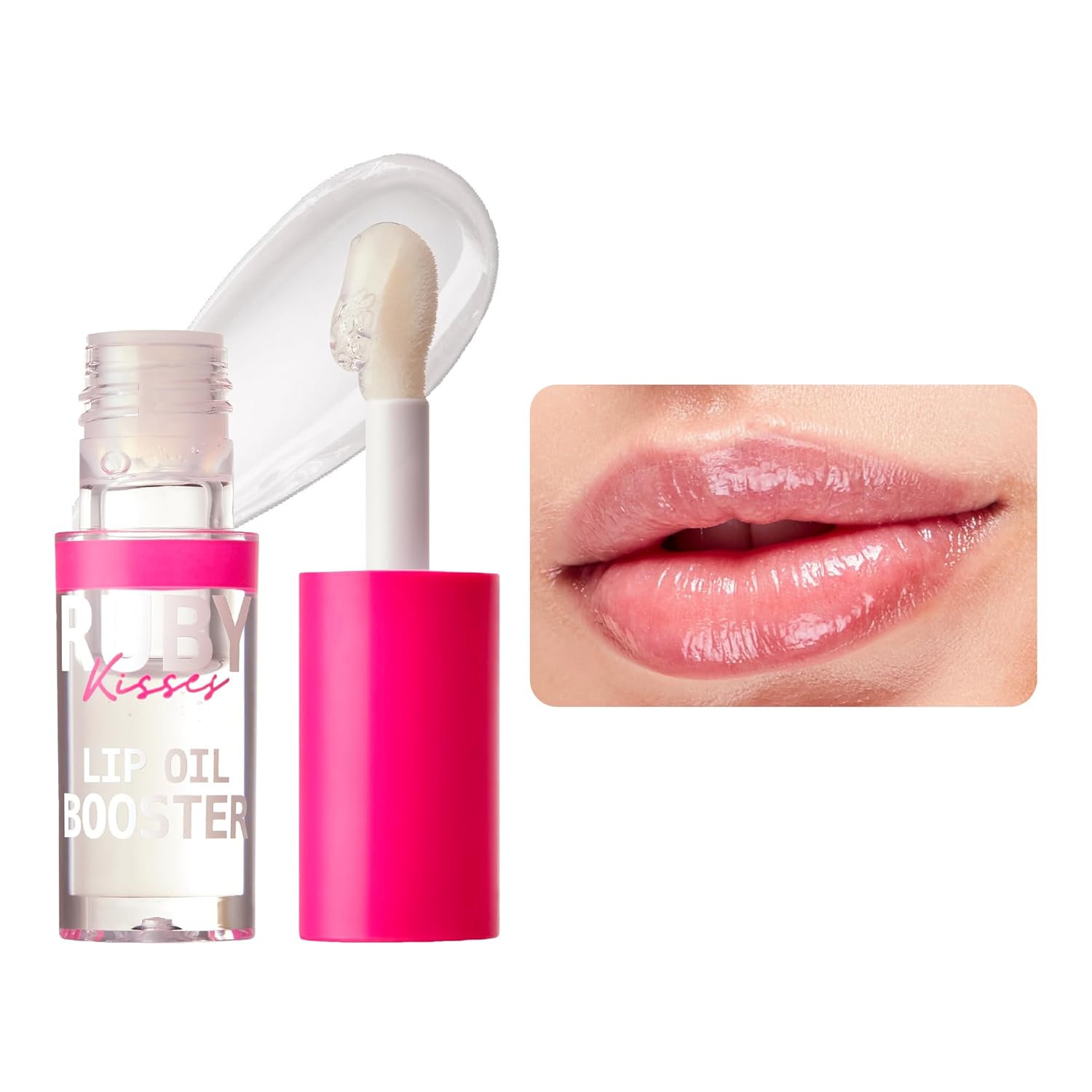

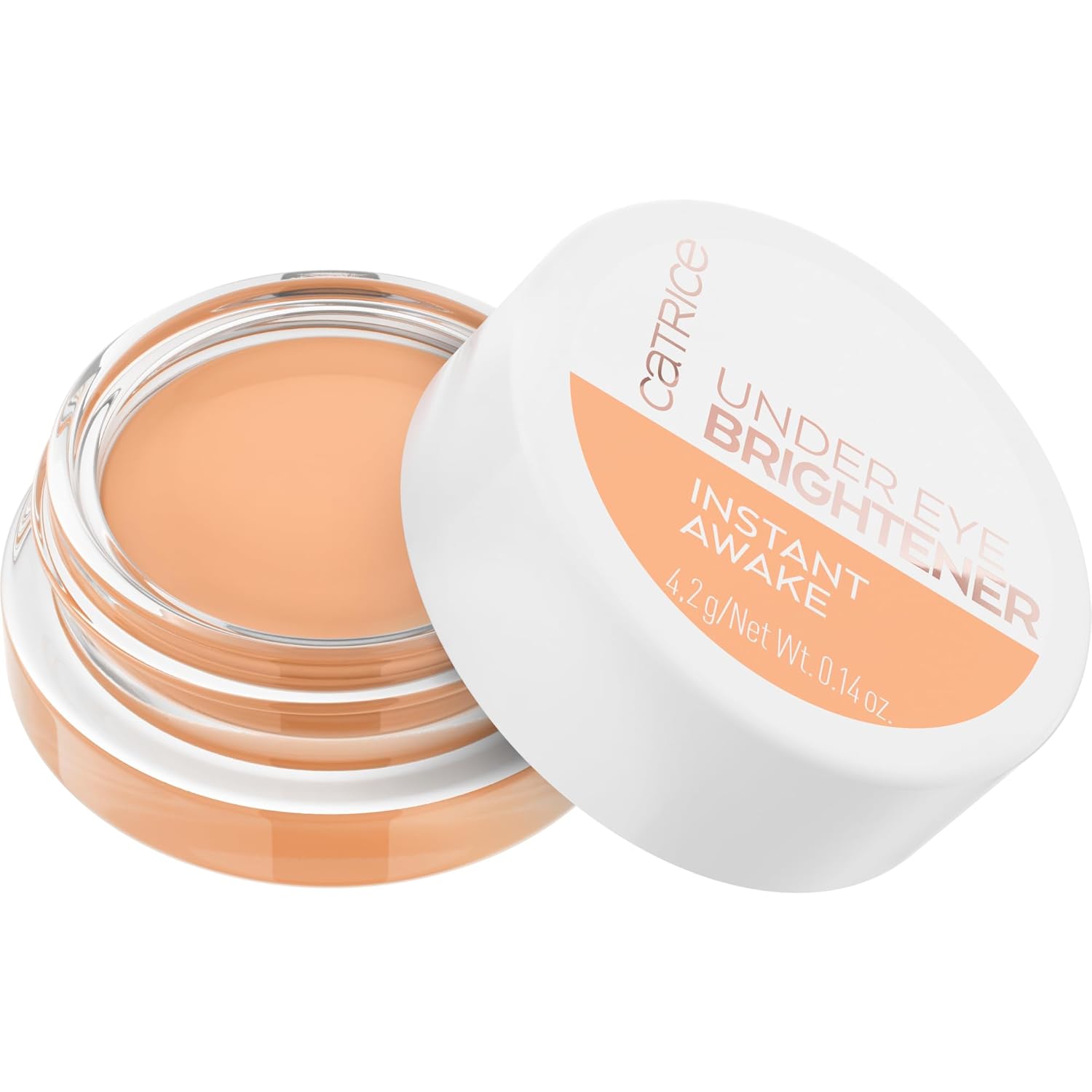
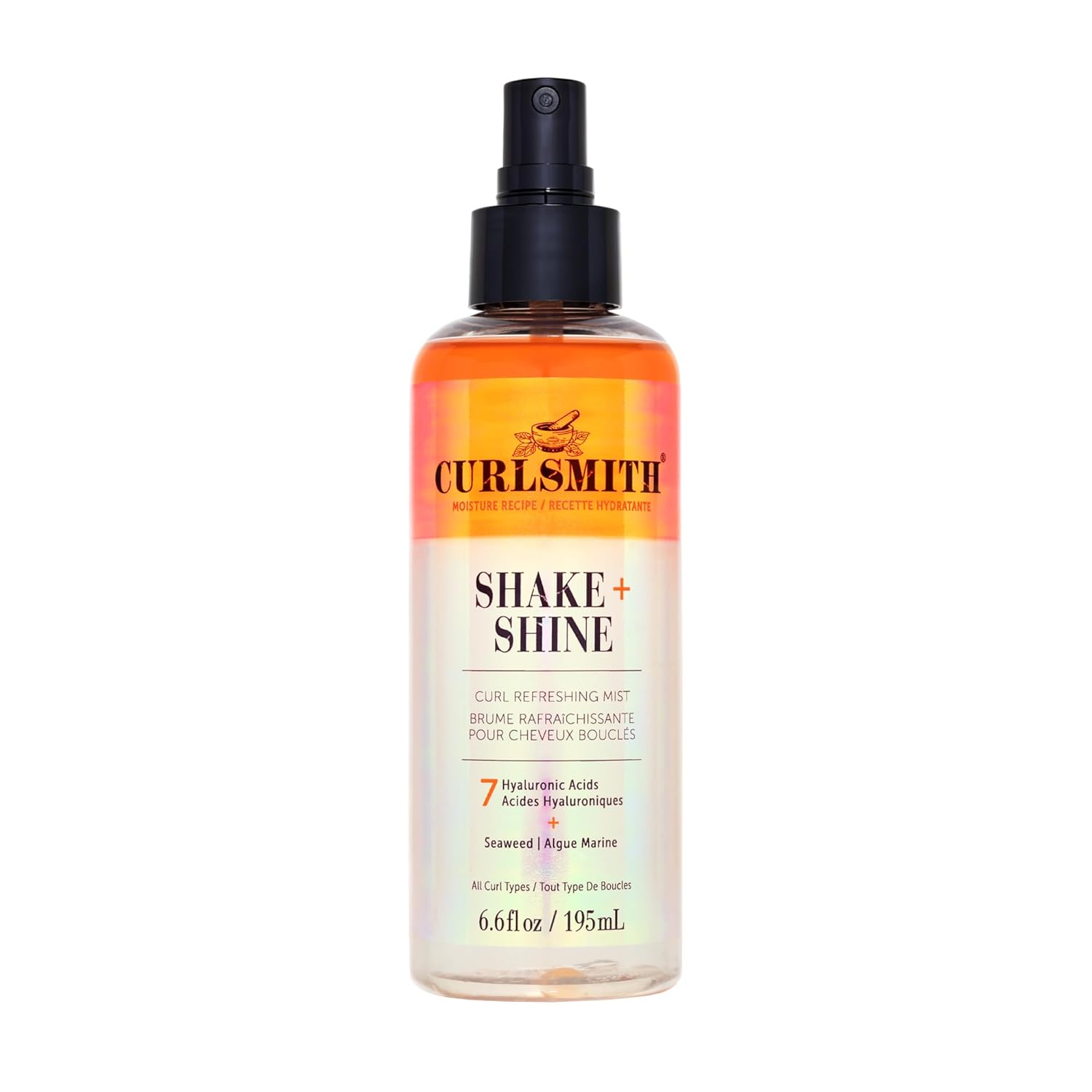
If you’ve found that allergy is the problem, particularly if there is an associated rash around the neck and or face, Schwarzenberger says to try fragrance-free or “low allergen” hair products. Topical steroids are also an option but require a prescription.
“You should see your dermatologist if your scalp does not improve with the use of medication shampoo or if it is associated with hair loss or skin lesions in the scalp or surrounding skin,” Schwarzenberger says.
Interested in more ideas for alleviating an itchy scalp? Check out this list of detergents that might cause a dry, itchy scalp.



